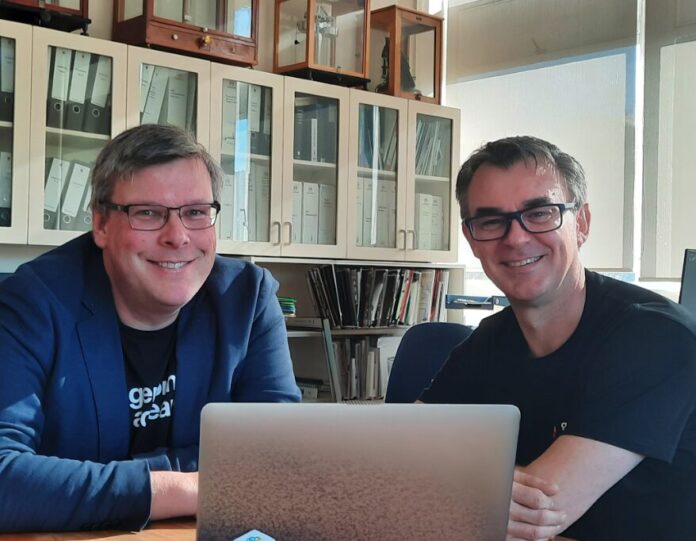Genomics Aotearoa, a collaborative research platform led by the University of Otago – Ōtākou Whakaihu Waka, has received a new round of Government funding for its world-leading genomics research efforts.
The consortium of five New Zealand universities and five Crown Research Institutes was established in 2017 to ensure that New Zealand could participate in the rapidly developing global fields of genomics and bioinformatics.
The latest $5 million per annum Government investment from the Strategic Science Investment Fund (SSIF) will allow Genomics Aotearoa’s research to continue until 2030.
In a statement, Genomics Aotearoa said the renewed platform will have a strong focus on enabling genomic research which has the potential to deliver economic benefits to New Zealand, and research and capability development, delivering on the Government’s priorities for biotechnology.
This will mean more direct work with end-users, and possibly commercialisation projects, it said.
University of Otago Deputy Vice-Chancellor Research and Enterprise, Professor Richard Blaikie has welcomed the announcement, saying the benefits are considerable.
“By connecting New Zealand’s best brains in genomics with the world’s leading research groups, Genomics Aotearoa will bring the latest genomics technologies and insights to New Zealand, adapt them to our requirements, and train researchers from a wide range of fields in their use,” he says.
Genomics Aotearoa’s Co-Directors, Professor Peter Dearden and Professor Mik Black, are delighted to see the Government’s continued investment in an advanced genomics platform.
“The extension of the platform funding to 2030 is a testament to the hard work of the whole Genomics Aotearoa team – our researchers, our mana whenua partners, our member organisations, and our operations staff,” said Professor Dearden.
Genomics Aotearoa’s mission is to deliver infrastructure that builds capability and enhances the use of genomics and bioinformatics for the New Zealand research community.
“We are excited to continue this work over the next five years and are looking forward to seeing how we can benefit Aotearoa New Zealand with this fascinating and fast-moving technology,” said Professor Black.
For New Zealand, genomics is critical for conservation, helping scientists protect the country’s plants and animals. It is also economically important, helping to develop new and better varieties within primary production and responding to pest and disease threats from overseas. Genomic data is especially important to Māori, as kaitiaki (guardians) of Indigenous species.



